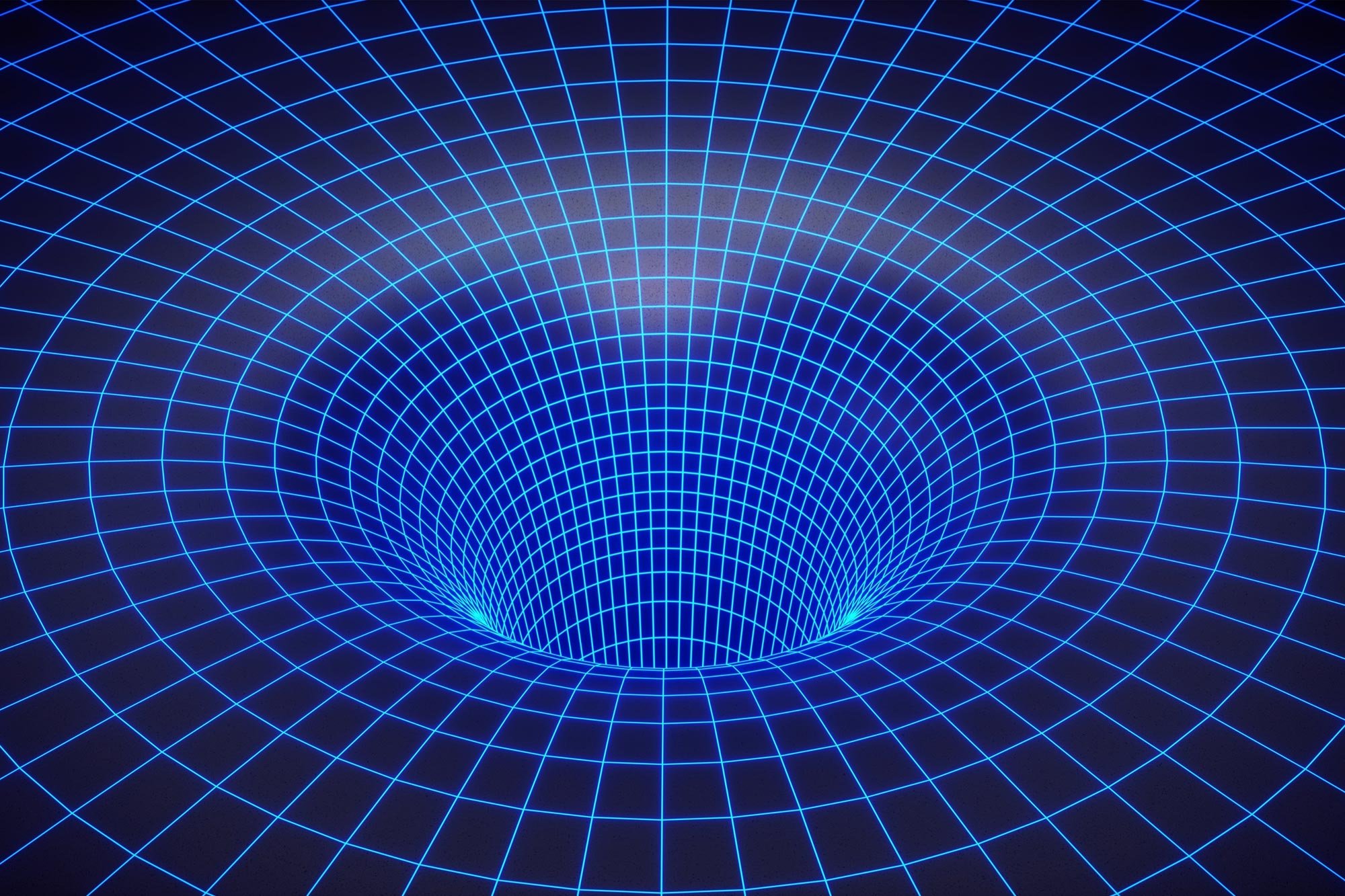Environment
Thwaites glacier in Antarctica would cause massive sea level rise if it melts completely, but models suggest the break-up of the ice shelf in front of it won’t make it flow faster
By Alec Luhn

The edge of the Thwaites ice shelf in Antarctica
agefotostock/Alamy
The loss of a floating ice shelf at the front of Thwaites glacier in Antarctica won’t significantly speed up the glacier’s flow into the sea, according to a modelling study. This contradicts earlier predictions that the imminent break-up of the ice shelf would lead to a quicker rise in sea levelalthough scientists still fear this “doomsday glacier” will eventually collapse.
Formed where glaciers slide into the ocean, ice shelves often butt up against “pinning points” like bays, islands or underwater ridges, …
No commitment, cancel anytime*
Offer ends 14th June 2023.
*Cancel anytime within 14 days of payment to receive a refund on unserved issues.
Inclusive of applicable taxes (VAT)
or
Existing subscribers
More from New Scientist
Explore the latest news, articles and features
Popular articles
Trending New Scientist articles
Note: This article have been indexed to our site. We do not claim legitimacy, ownership or copyright of any of the content above. To see the article at original source Click Here










:max_bytes(150000):strip_icc()/02_nimtimarchitects_walledgarden_exterior_JimStephenson-f6d7370a72d145afa24eeb6b217ee247copy-9b65a0cc4d384b1bbc11f0094fb610bf.jpg)

